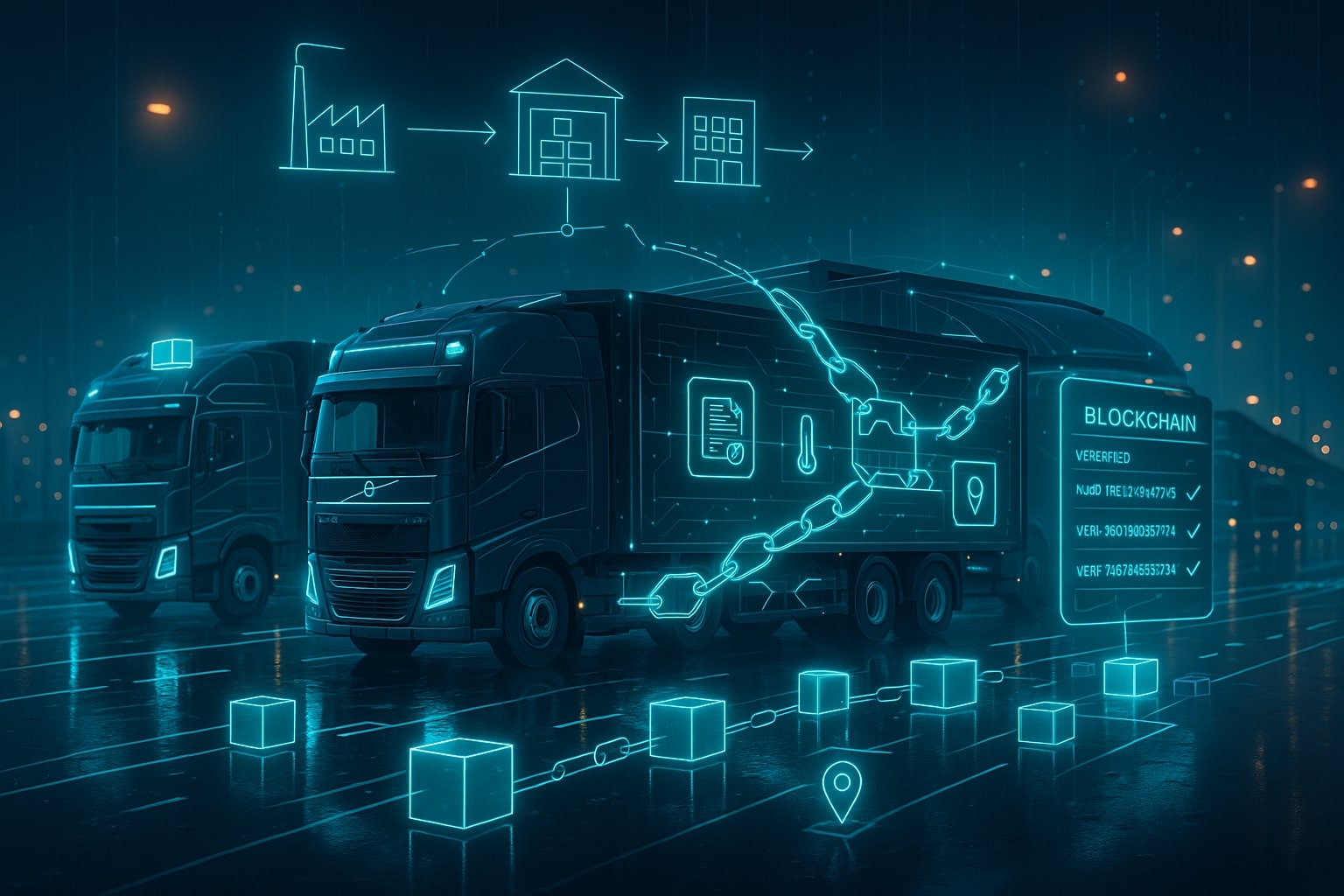When asked about blockchain, the majority of people will unavoidably think of cryptocurrency. However, blockchain technology can be as useful for other intricate procedures, such supply chain logistics. Because the data in the blockchain cannot be altered, it is safe and allows for the transparent and effective interchange of data between all parties. What is the specific potential of blockchain technology for logistics, and how does it operate?
Several parties must work together to continuously optimize the flow of tangible items, as well as the intricate flow of financial transactions and information, in order to achieve logistics excellence. Thus, it is clear that supply chains for logistics may be managed to the fullest extent possible by utilizing blockchain technology.
All supply chain participants have unfettered access to transactional data thanks to the blockchain. Real-time information about a good's location or status is provided, and all pertinent shipping information and papers are always accessible. Since information cannot be secretly shared, some parties might not have access to it, but no one is left out.
In the supply chain, every transaction can be safeguarded using the blockchain. By using the blockchain, it is possible to track the provenance of a good, for instance, all the way back to the initial entry. Everyone can rely on the fact that a transaction cannot be changed once it has been added as a block to the chain.


